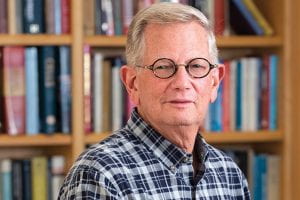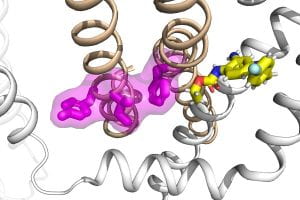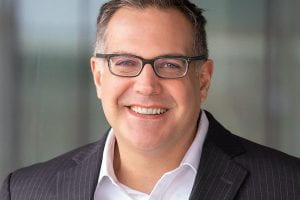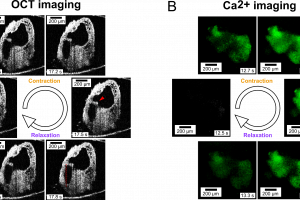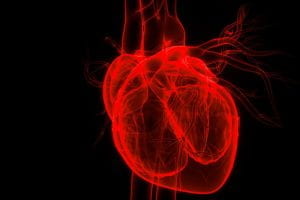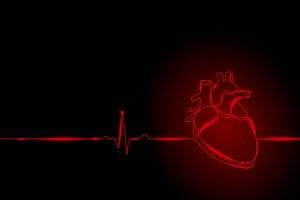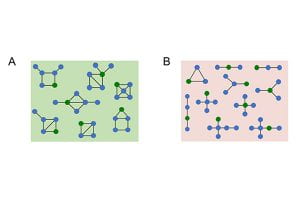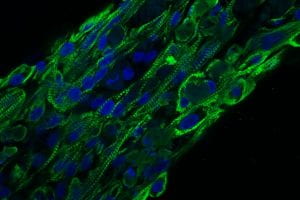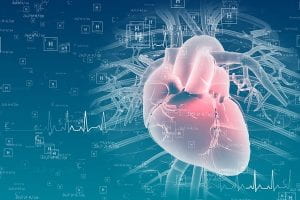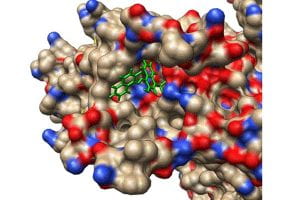Yoram Rudy retires (Links to an external site)
For biomedical engineer Yoram Rudy, a new chapter awaits
It’s no wonder that after such a long, accomplished and productive career, Yoram Rudy is not quite ready to retire from his life’s work. Yes, he stepped down at the end of 2022 from his role as director of the Cardiac Bioelectricity and Arrhythmia Center — which he founded in 2004 — to become emeritus professor, but he sees this next step as yet another opportunity to begin anew. With a life defined by an inquisitiveness that has furthered the field of biomedicine, Rudy has trained and inspired a new generation of bioengineers as they make their own discoveries in service to humanity.
Study into potassium channels reveals novel mechanism behind epilepsy, drug modulation (Links to an external site)
Jianmin Cui’s lab and collaborators study drug, electro-mechanical coupling link
Silva receives Established Investigator Award from American Heart Association (Links to an external site)
Award supports continued research in seeking arrhythmia therapies
Optical coherence tomography shows beating, development in human heart model (Links to an external site)
Imaging in Chao Zhou’s lab is promising method to study heart development, disease
Popular heart failure drug no better than older drug in sickest patients (Links to an external site)
Study suggests older drug may be safer for an advanced form of heart failure. Article features CBAC member Douglas L. Mann, the Tobias and Hortense Lewin Professor of Medicine.
Radiation therapy reprograms heart muscle cells to younger state (Links to an external site)
Radiotherapy repairs irregular rhythms in those with life-threatening heart arrhythmia.
New research from Washington University School of Medicine in St. Louis suggests that radiation therapy can reprogram heart muscle cells to what appears to be a younger state, fixing electrical problems that cause a life-threatening arrhythmia without the need for a long-used, invasive procedure.
Distilling 70 years’ worth of data (Links to an external site)
Jonathan Silva and his lab use computational biology to better understand fundamentals of arrhythmia
Potential mechanical triggers behind inherited heart disease focus of new study (Links to an external site)
CBAC member Nathaniel Huebsch receives nearly $2 million NIH grant to research the role that blood pressure plays in triggering symptoms in patients with hypertrophic cardiomyopathy.
Variations in sodium channel molecular composition may be behind drug efficacy (Links to an external site)
Silva, Nerbonne labs investigate accessory proteins in steps toward precision medicine
Compound may prevent risk of a form of arrhythmia from common medications (Links to an external site)
CBAC Jianmin Cui leads a multi-institutional team to make this discovery. Dozens of commonly used drugs, including antibiotics, antinausea and anticancer medications, have a potential side effect of lengthening the electrical event that triggers contraction, creating an irregular heartbeat, or cardiac arrhythmia called acquired Long QT syndrome. While safe in their current dosages, some of these drugs may have a more therapeutic benefit at higher doses, but are limited by the risk of arrhythmia.
